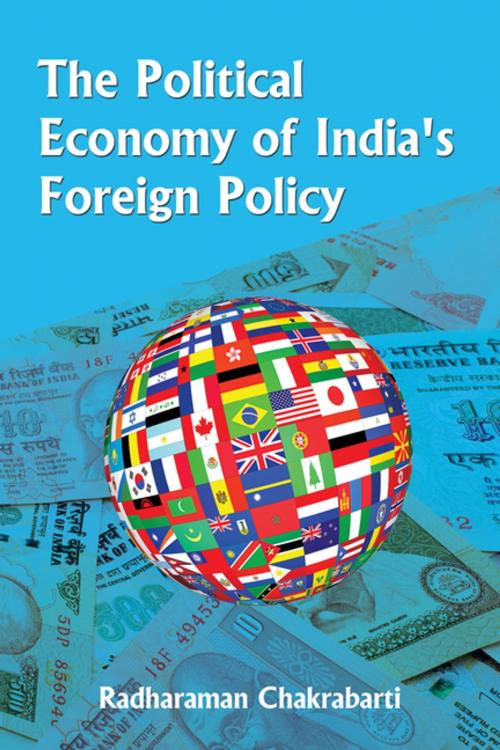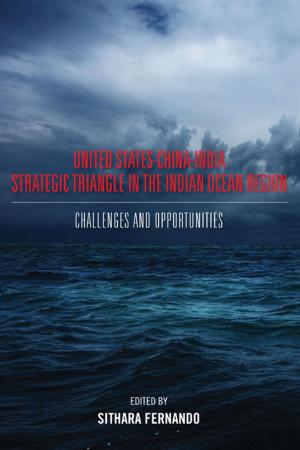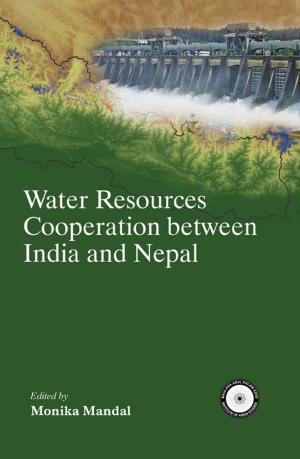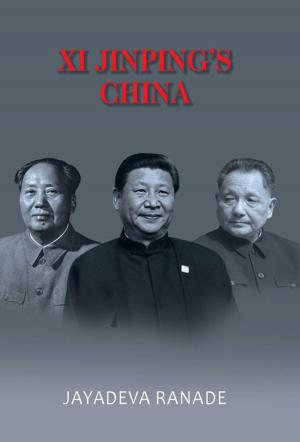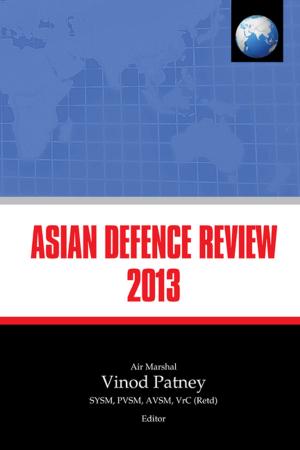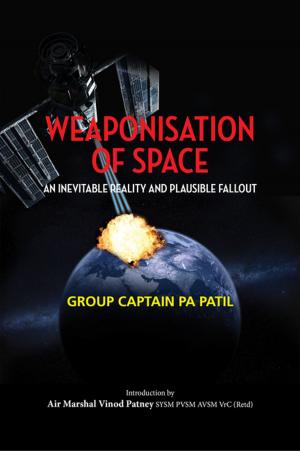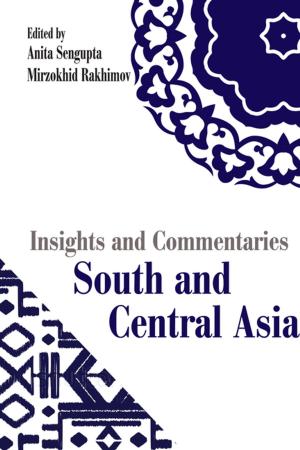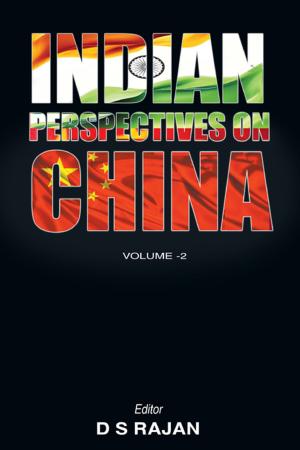| Author: | Dr Radharaman Chakrabarti | ISBN: | 9789385714474 |
| Publisher: | KW Publishers | Publication: | March 15, 2014 |
| Imprint: | KW Publishers | Language: | English |
| Author: | Dr Radharaman Chakrabarti |
| ISBN: | 9789385714474 |
| Publisher: | KW Publishers |
| Publication: | March 15, 2014 |
| Imprint: | KW Publishers |
| Language: | English |
Product of a Post-doctoral research done at the University of Washington, (Seattle),USA, the present work is an attempt to conceptualise and analyse the postulates underlying India’s Foreign Policy from its formative years in the early fifties to its maturation in the early eighties of the last century. It subjects the management of foreign relations by India to a full scale theoretical examination from the political economy angle—an exercise few scholars then or now have undertaken .Notions of security, national interest, diplomatic leverage , decision making process and so on have, in this work, been revisited in the decisive context of a domestic-external continuum in which forces of economic origin were seen as defining the rationale of a foreign policy that was supposed to take a developing nation to the fulfilment of its legitimate aspirations. At the same time, the innovations that were made with practically no earlier precedent to go by and the kind of institution building required for the purpose have been dealt with critically so as to bring out the interplay of domestic development aspirations and the art of ensuring policy independence by appropriate diplomacy. In the turbulent context of the Cold War the Indian experiment in the management of foreign relations and the positive gains it reaped in collectivising the principle of non-alignment did constitute a subject that demanded a non-conventional approach to get to the bottom of it. That is precisely what distinguishes the book by one of the most qualified experts in International Relations, enjoying intellectual acclaim both at home and abroad. The book starts with a theoretical discourse on the applicability or otherwise of the political economy approach as it stood at the time of writing. In subsequent chapters it examines a dependent economy’s quest for an independent foreign policy, the central challenge before the external affairs ministry of the country. It needed, among other things handling of external aid, and foreign investment to recharge the developmental enterprises at home in a manner that would not interfere with the autonomy in judging and reacting to external events. Economic restructuring at home which brought a strong public sector as complementary to a fledgling private sector constituted an essential aspect. So also came up the new experiment of building a collective economic front with other developing nations. In its compact, yet well documented , analysis the book provides the most engaging scholarly presentation of the subject in all its relevant technicalities.
Product of a Post-doctoral research done at the University of Washington, (Seattle),USA, the present work is an attempt to conceptualise and analyse the postulates underlying India’s Foreign Policy from its formative years in the early fifties to its maturation in the early eighties of the last century. It subjects the management of foreign relations by India to a full scale theoretical examination from the political economy angle—an exercise few scholars then or now have undertaken .Notions of security, national interest, diplomatic leverage , decision making process and so on have, in this work, been revisited in the decisive context of a domestic-external continuum in which forces of economic origin were seen as defining the rationale of a foreign policy that was supposed to take a developing nation to the fulfilment of its legitimate aspirations. At the same time, the innovations that were made with practically no earlier precedent to go by and the kind of institution building required for the purpose have been dealt with critically so as to bring out the interplay of domestic development aspirations and the art of ensuring policy independence by appropriate diplomacy. In the turbulent context of the Cold War the Indian experiment in the management of foreign relations and the positive gains it reaped in collectivising the principle of non-alignment did constitute a subject that demanded a non-conventional approach to get to the bottom of it. That is precisely what distinguishes the book by one of the most qualified experts in International Relations, enjoying intellectual acclaim both at home and abroad. The book starts with a theoretical discourse on the applicability or otherwise of the political economy approach as it stood at the time of writing. In subsequent chapters it examines a dependent economy’s quest for an independent foreign policy, the central challenge before the external affairs ministry of the country. It needed, among other things handling of external aid, and foreign investment to recharge the developmental enterprises at home in a manner that would not interfere with the autonomy in judging and reacting to external events. Economic restructuring at home which brought a strong public sector as complementary to a fledgling private sector constituted an essential aspect. So also came up the new experiment of building a collective economic front with other developing nations. In its compact, yet well documented , analysis the book provides the most engaging scholarly presentation of the subject in all its relevant technicalities.
